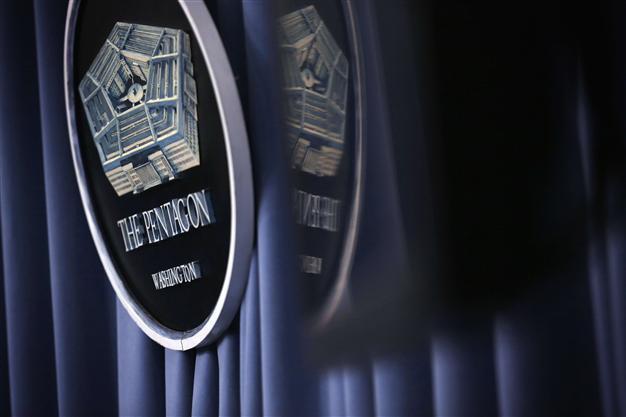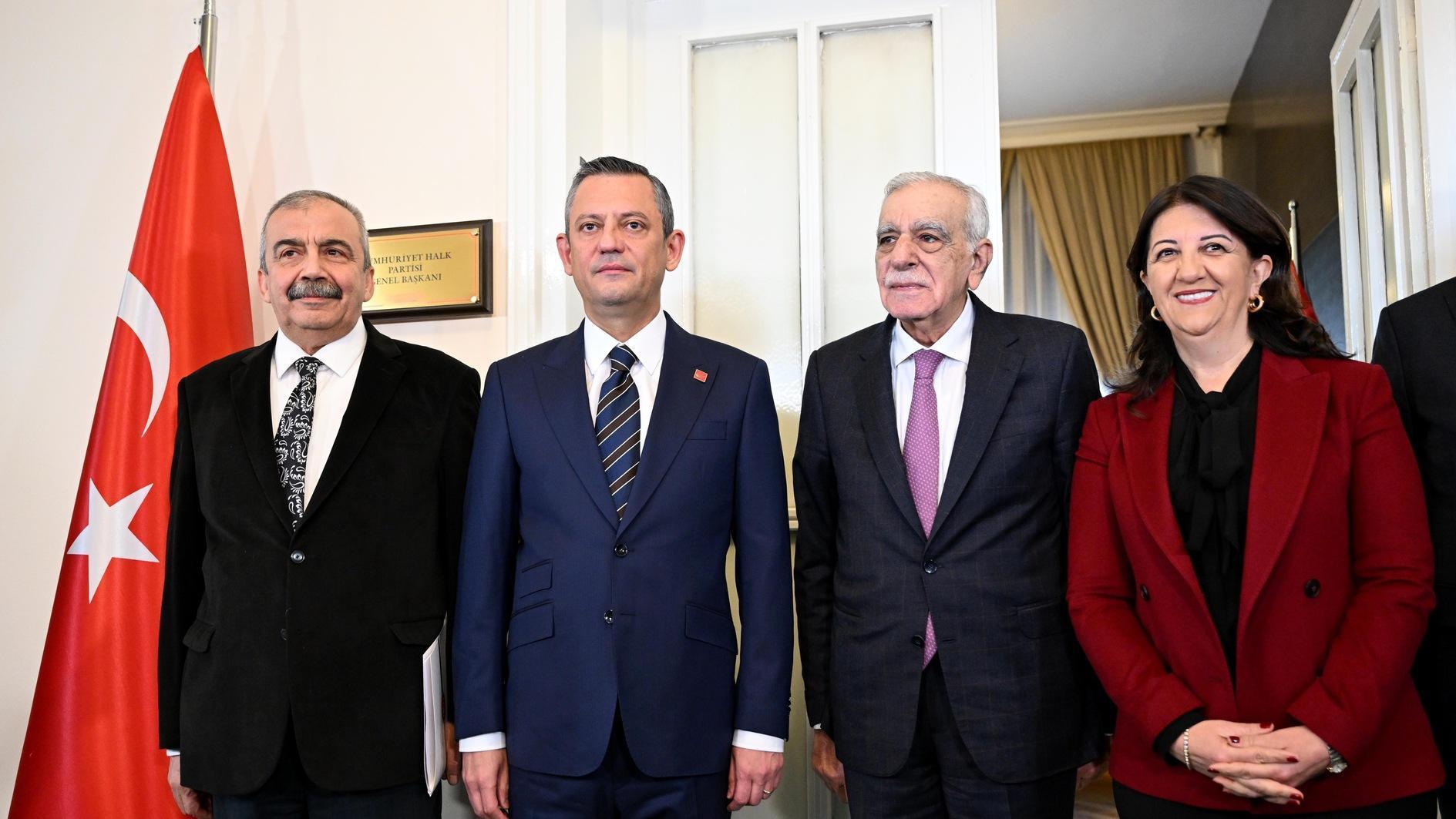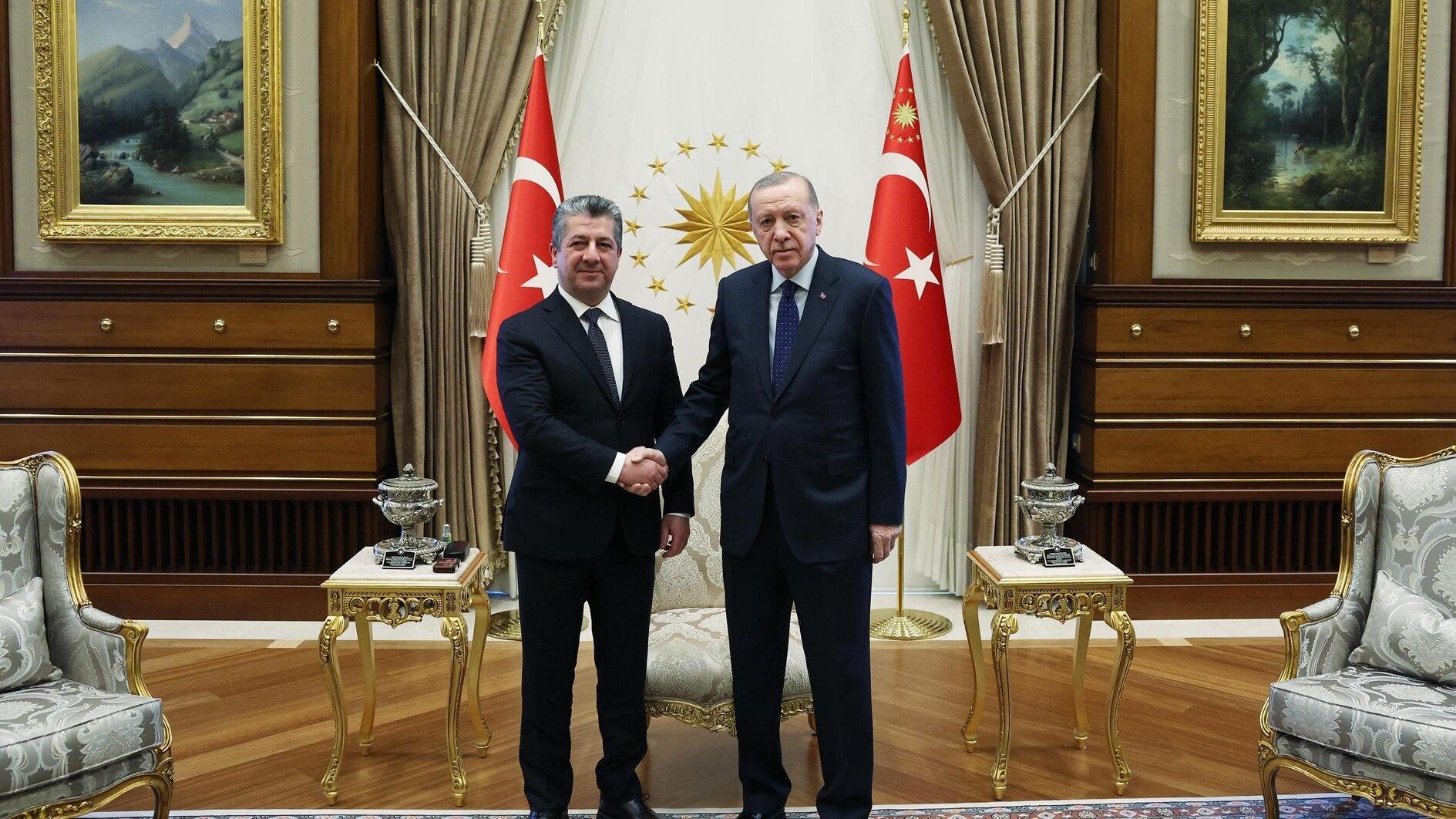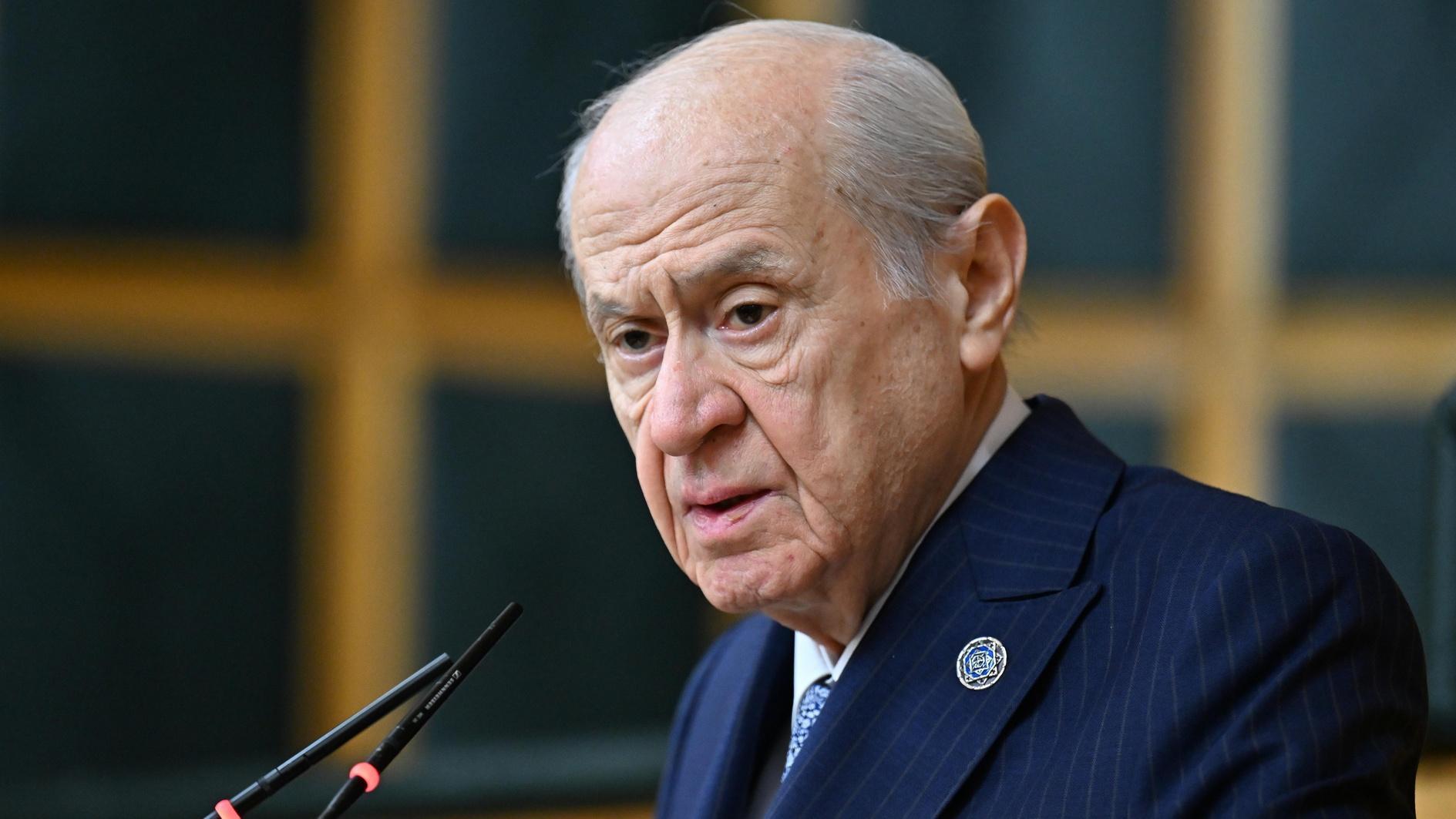US says Turkey agreed use of bases against ISIL militants
Tolga Tanış - Washington

According to US defense officials who spoke on condition of anonymity Turkey will let the coalition use the İncirlik base for strikes against ISIL militantsç. AFP Photo
Turkey will let U.S. and coalition forces use its bases, including a key installation within 100 miles of the Syrian border for operations against militants of the Islamic State of Iraq and the Levant (ISIL), American defense officials told the Associated Press on Oct. 12.The Obama administration had pressed Turkey for a larger role against the extremists, and a senior U.S. official confirmed Oct. 11 that Ankara had agreed to train and moderate Syrian rebels on Turkish soil. A Turkish government official said Oct. 12 that Turkey put the number at 4,000 opposition fighters and said they would be screened by Turkish intelligence.
U.S. Defense Secretary Chuck Hagel, who has been traveling in South America, has said the U.S. wanted access to the Turkish air bases, including one at İncirlik in southern Turkey, from which to launch strikes against the ISIL militants.
That base is part of the agreement, according to U.S. defense officials who spoke on condition of anonymity because they were not authorized to discuss private talks between the Americans and Turks.
Beyond the training and bases, there are other issues the U.S. hopes Turkey will agree to. U.S. officials have not said what all of those would be because discussions are continuing. The militants have taken over large swaths of Iraq and Syria and driven refugees into Turkey.
Hagel spoke by telephone Oct. 12 with Turkey's defense minister, İsmet Yilmaz, and thanked him for his country's willingness to assist in the fight against ISIL militants.
Rear Adm. John Kirby, the Pentagon press secretary, said Hagel "noted Turkey's expertise in this area and the responsible manner in which Turkey is handling the other challenges this struggle has placed upon the country, in terms of refugees and border security."
Earlier, President Barack Obama's national security adviser, Susan Rice, made clear that the U.S. has not asked "the Turks to send ground forces of their own into Syria."
American officials are "continuing to talk to the Turks about other ways that they can play an important role. They are already essential to trying to prevent the flow of foreign fighters" and extremists from exporting oil through Turkey. "So Turkey has many ways it can contribute," Rice told NBC's "Meet the Press."
Turkey and other American allies are pressing the U.S. to create a no-fly zone inside Syrian territory, and seeking creation of a secure buffer on the Syrian side of the border with Turkey. A "safe zone" would require Americans and their partners to protect ground territory and patrol the sky, meaning enforcement of a no-fly area.
Hagel has said American leaders are open to discussing a safe zone, but creating one isn't "actively being considered."
Gen. Martin Dempsey, the chairman of the Joint Chiefs of Staff, has estimated it would require hundreds of U.S. aircraft and cost as much as $1 billion a month to maintain an area in Syria safe from attacks by the ISIL and Syria's air force, with no assurance of a change in battlefield momentum toward ending the Syrian civil war.
"Do I anticipate that there could be circumstances in the future where that would be part of the campaign? Yeah," Dempsey told ABC's "This Week."
'Turkey has agreed to some basing usage'
Following the Associated Press report, a U.S. Defense Department official told Hürriyet by e-mail that “Turkey has agreed to some basing usage. The details of that usage are still being worked out.” The senior official did not comment on whether the agreement included only ISR (intelligence, surveillance, reconnaissance) operations or also airstrikes against ISIL.
The White House also refused to comment on the issue, stating by e-mail, “We don’t have anything to add to what Susan Rice said this morning.”
Susan Rice, the U.S. national security advisor, said in the Meet the Press talk show on Oct. 13 that Turkey had given the U.S. and coalition permission to use its military bases.
“We have not asked for the Turks to send ground forces of their own into Syria. Our interest is in the following: First of all, the Turks have, this just in the last several days, made a commitment that they will in the first instance allow the United States and our partners to use Turkish bases and territory to train the moderate Syrian opposition forces ... So that is a new commitment that they have now joined Saudi Arabia in giving the go-head for that important contribution. In addition, they have said that their facilities inside of Turkey can be used by the coalition forces, American and otherwise, to engage in activities inside of Iraq and Syria,” Rice said.
She also stressed that Turkey has been pushing for a buffer zone or a no-fly zone for almost three years, but at this point the U.S. doesn’t see this “as essential to the goal of degrading and ultimately destroying ISIL. But we’ll continue to talk to the Turks and entertain any specific proposals that they may have.”
















